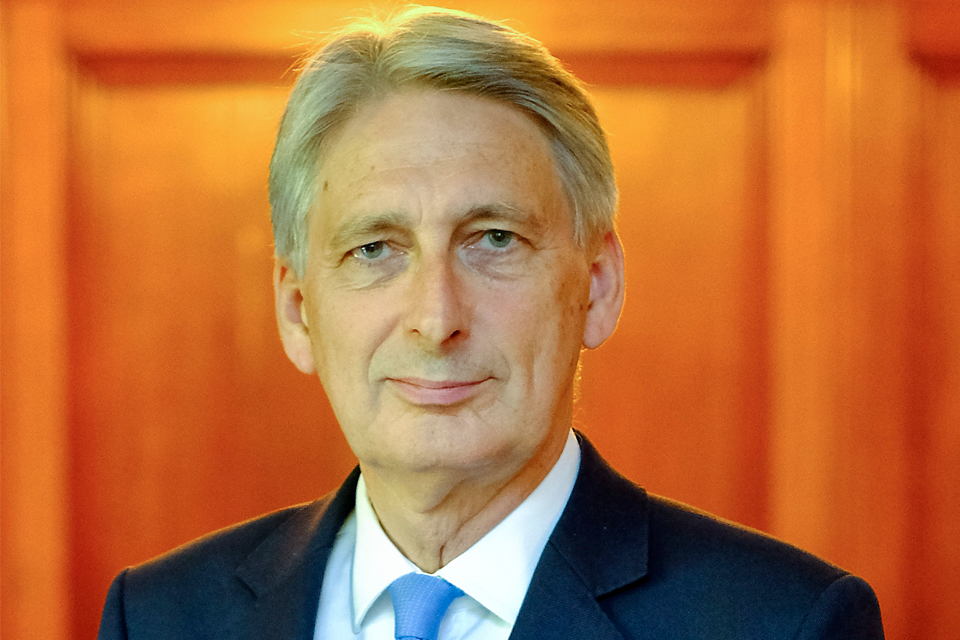Regulation of aviation security
Proposals to modernise aviation security.

Today (14 July, 2011) I am launching a consultation on the government’s proposals to modernise the way we regulate aviation security. Better regulation for aviation security proposes a new outcome focused, risk-based approach to regulation which builds on the successful and similar approach to aviation safety.
Whilst the UK is recognised internationally as having one of the most effective aviation security regimes in the world, we also face a continuing threat from international and domestic terrorism. The government’s recent strategic defence and security review set out its proposals for securing Britain in an age of uncertainty and included a commitment to improve aviation security.
The proposals in this consultation offer a new approach to the regulation of aviation security. Our current system can place significant financial burdens on the aviation industry along with inconvenience to passengers, and could be more consistent with the government’s better regulation principles. I think we can do better - with a new regime which maintains and improves security standards but in a more efficient and passenger-friendly way.
I therefore propose that the government should move from prescribing security processes to setting security outcomes. This will give airports and airlines greater flexibility to deliver high standards of security in ways that that are better integrated with their day-to-day business and designed around the needs of the passenger. It will allow them to adopt appropriate new technology as it become available. I want to move away from the current, highly prescriptive, one-size-fits-all approach where all operators run the same regime to one where industry takes a more proactive and more innovative and tailored approach to security.
This approach will also enable the regulator to operate a system of ‘earned autonomy’ - rewarding those operators with the most robust systems of aviation security with greater trust in how they deliver the specified outcomes. Conversely, the level of scrutiny by the regulator will increase proportionately where any concerns arise about the delivery of the required outcomes.
The safety and security of passengers will remain of paramount importance to the government, and so the new arrangements will have robust oversight procedures in place to ensure security standards are not compromised. To do this, I am proposing to require all industry operators to develop a security management system. This would demonstrate a clear commitment to providing an overall high level of security and set out how security outcomes specified by the UK regulator and EU requirements will be delivered. Integral to this will be robust internal quality assurance and auditing arrangements which will complement the regulator’s own assurance and compliance processes.
The consultation also proposes new reporting arrangements whereby industry will regularly report to the regulator on performance and occurrences (including the rectification measures to be taken). This gives the regulator a fuller picture on which to base decisions and direct regulatory effort. I also propose to introduce a system that allows staff to report on a confidential basis any concerns relating to aviation security. These proposed arrangements will provide an additional layer of assurance.
This approach offers a new partnership between government and the industry, one that is dedicated to maintaining the highest standards in aviation security whilst also improving the passenger experience.
These are complex proposals, which require further development in consultation with the aviation industry and other interested parties. The Department for Transport will be making extensive efforts to engage industry during the consultation process to explain the proposals further and to seek input.
Following the end of the consultation, the government will then consider all responses and produce a summary report along with next steps. I will make a further statement to the House at that point.